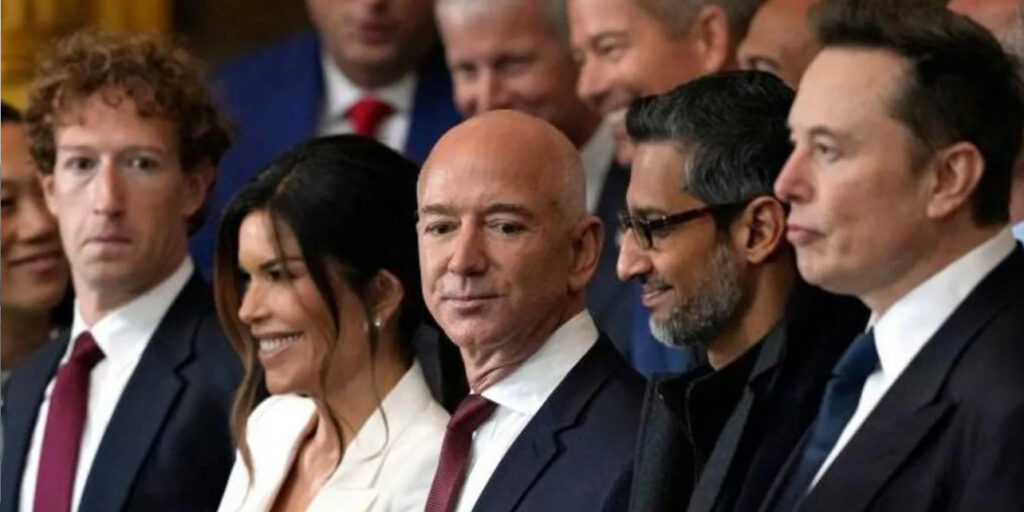Chancellor Rachel Reeves has indicated that the UK Digital Services Tax may be revised as part of ongoing talks with the United States to prevent a new wave of tariffs promised by former US President Donald Trump.
Speaking on BBC One’s Sunday with Laura Kuenssberg, Reeves confirmed that discussions were underway between British officials and the US government about potential changes to the 2% levy, which currently applies to global tech giants like Amazon, Meta, and Google. Introduced in 2020, the tax generates approximately £800 million annually for the UK Treasury.
Ongoing Negotiations Aim to Protect UK Exporters
Reeves said the government is working to strike a balance between fair taxation and free trade. “We do not want to see British exporters subject to higher tariffs,” she said. “We want to make progress and preserve free and open trade.”
She emphasized that companies operating in the UK should pay taxes locally but noted the importance of maintaining strong international relationships, especially as Trump prepares to announce another wave of tariffs on 2 April, dubbed “Tariff Day” by commentators.
The US has already imposed several trade duties on foreign goods since Trump’s return to power in January, and businesses fear further taxes could disrupt supply chains and impact UK exporters.
Liberal Democrats Warn of “Tax Handout” to Tech Giants
The potential changes to the UK Digital Services Tax have sparked backlash from the Liberal Democrats, who accuse the Labour government of compromising its values.
Daisy Cooper, Treasury spokesperson for the Liberal Democrats, said, “If the government is seriously talking about putting savage cuts in place that will affect disabled people while also giving a tax handout to Elon Musk, Zuckerberg, and other US tech barons, then the Labour government is at real risk of losing its moral compass.”
The party is calling for the DST to be tripled to 6%, arguing that large tech firms should pay their fair share amid mounting domestic financial pressures.
Trade Relations with the US a Top Priority
Reeves defended the ongoing negotiations by noting that the UK maintains a balanced trade relationship with the US, unlike countries with large trade surpluses. “The US is rightly concerned about countries that have large and persistent trade surpluses. The UK is not one of those countries,” she said.
The outcome of the talks could play a significant role in shaping UK-US trade ties and the future taxation of multinational tech corporations in Britain.


